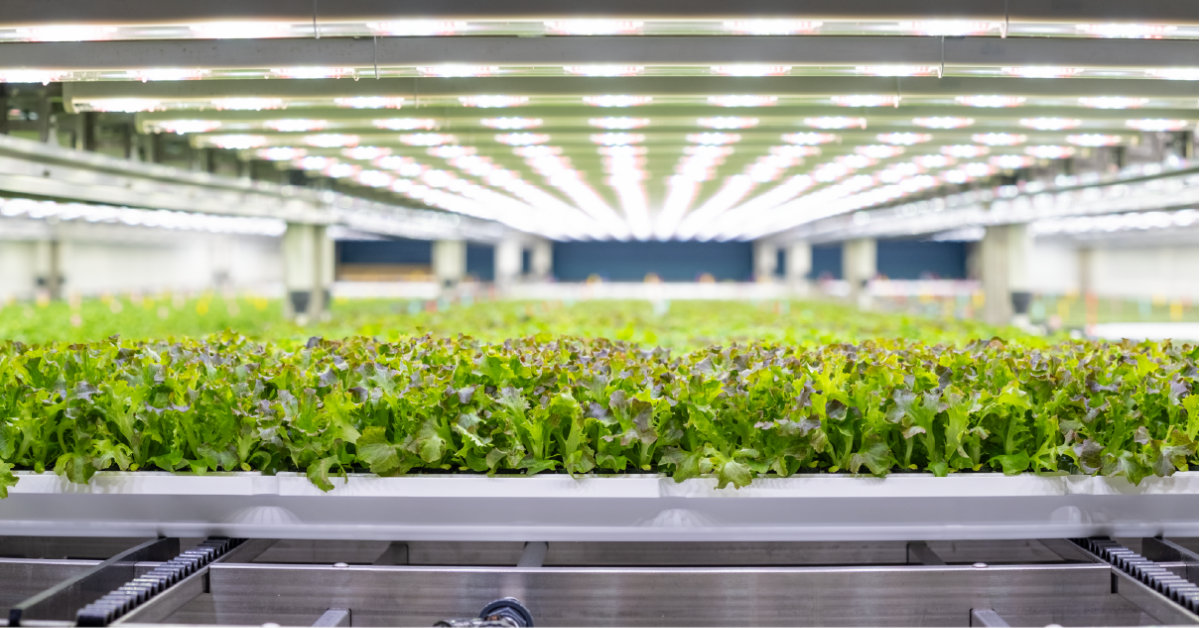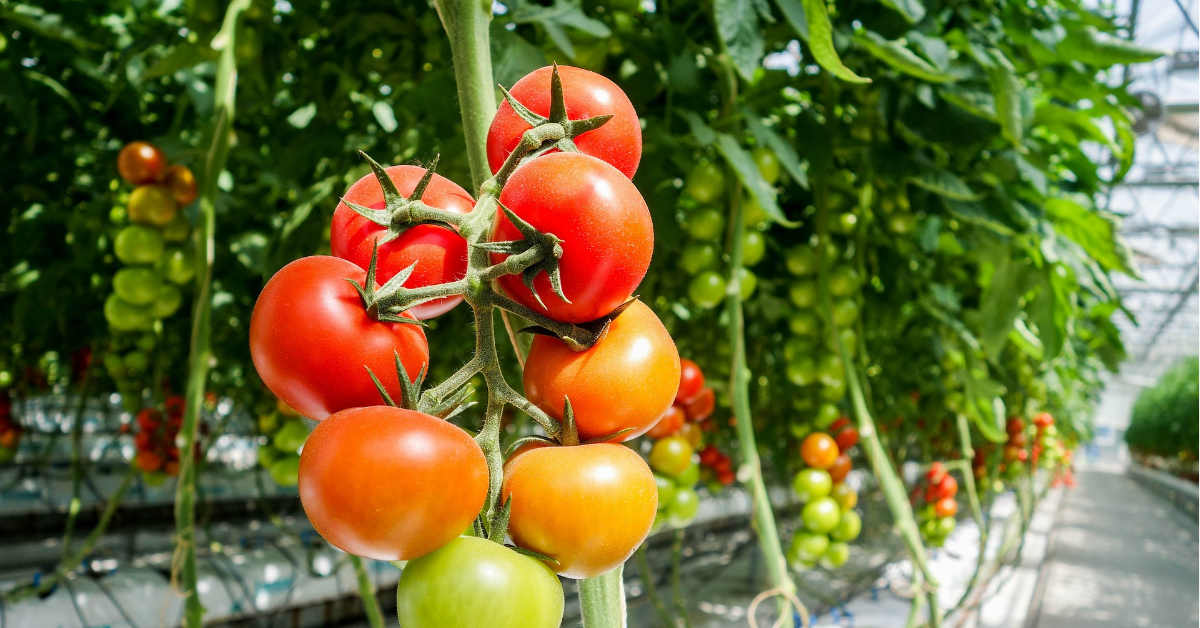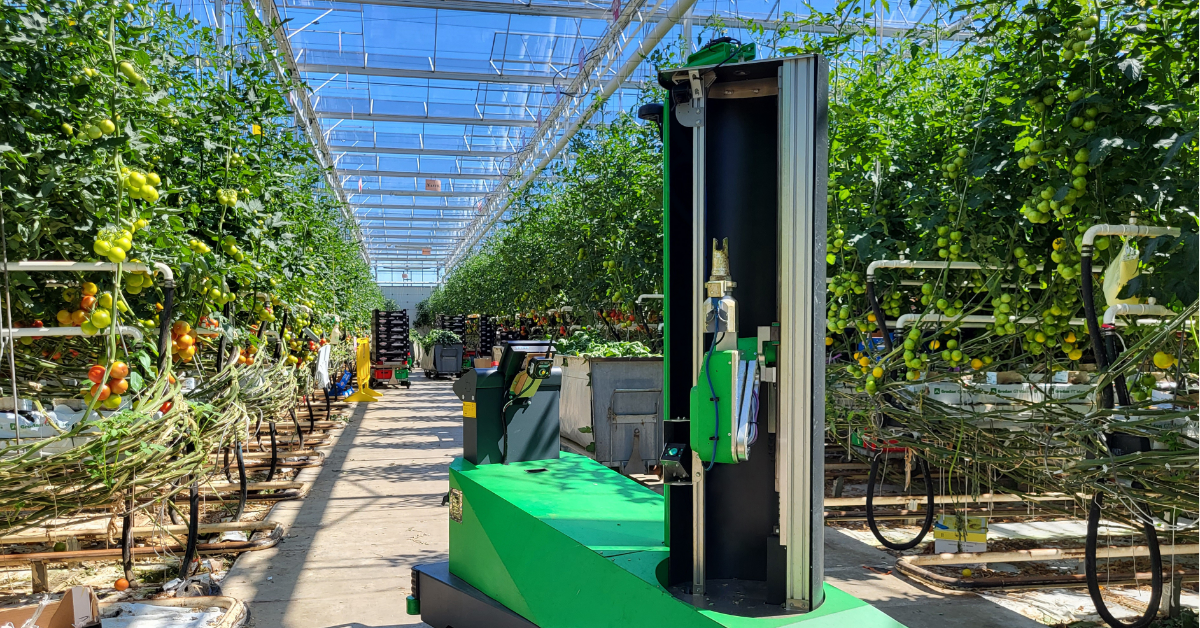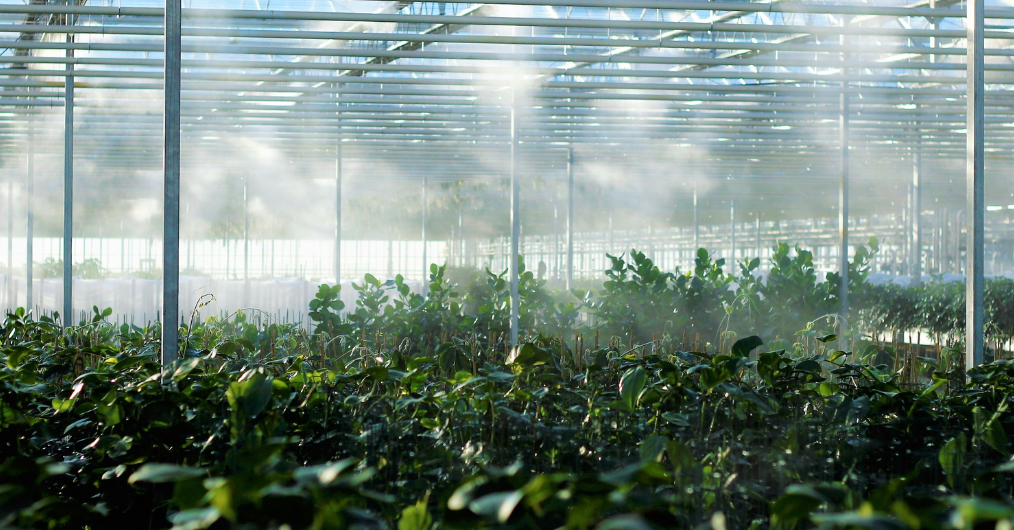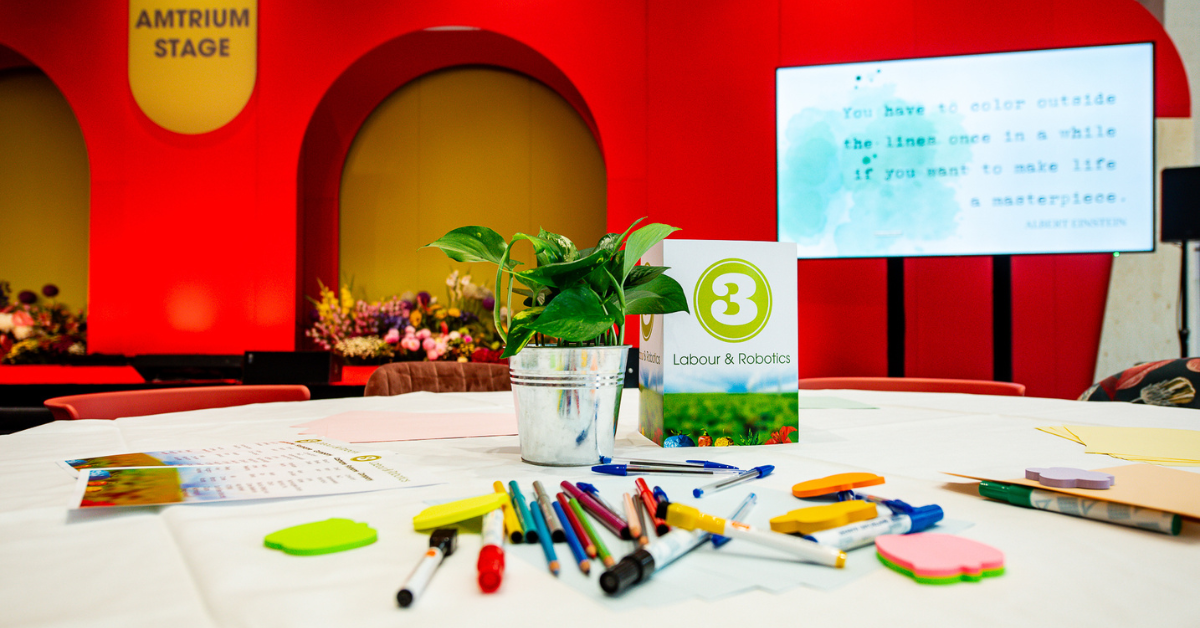Harvesting Hope - Future of food security
Globally we are in a hunger obesity paradox. Huge portions of the population are starving while others overindulge or waste food. Around 830 million people are currently unnourished, and over 14 million children suffer from severe malnutrition, according to Action Against Hunger, the world’s hunger specialist. Simultaneously, another two billion people are overweight or obese, according to Statista.
Problems of the current food system have been piling up for decades. Food security can be traced through various historical phases, but urbanization, climate change, and the COVID-19 pandemic has intensified the importance of dealing with food security. The lack of investment in the agricultural sector and the fragility of the supply networks gained renewed attention in 2020, which gave an extra push for the idea of SMARTKAS to come alive.
But what does food security actually mean? It is important to note that food security is not simply having access to food. Nor is it a problem limited to countries with underdeveloped agriculture industries. The Food and Agriculture Organization of the United Nations (FAO) defines “Food Security” as “when all people, at all times, have physical and economic access to sufficient, safe, and nutritious food that meets their dietary needs and food preferences for an active and healthy life.”
This can be broken down into four main pillars - availability, access, utilization, and stability - all of which will remain under threat unless there is genuine disruption to the agriculture industry. Food availability requires sufficient quantities of food of appropriate quality. Access to food is being harmed by disruptions to the global food supply chain, storage, and transportation, which has already led to food shortages. This in turn has pushed food prices to record new highs, making food even less accessible. Utilizing food requires not only an adequate diet but also that non-food inputs such as clean water, proper sanitation, and health care are achieved to reach a state of nutritional well-being. This is not only an issue for developing nations. In Europe, particular residues of pesticides in fruits and vegetables are already causing issues to human health. Disruptions to availability and access to food are direct threats to food stability. Sudden shocks such as geopolitical events can unsettle the food system. The ongoing conflict in Ukraine, for example, has threatened global wheat supplies, causing hunger globally. Conflict also spreads in areas where vital resources like food are scarce, hence conflict is also a consequence of hunger.
The productivity of traditional farming is affected by countless external factors, such as weather patterns, diseases, and water shortage for irrigation. The development of sustainable, clean, and green agricultural processes that rely on renewable sources for energy and water are part of the solution to this ever-occurring problem. Controlled environment agriculture was developed to extend growing seasons and protect crops from adverse weather conditions. More recently, vertical farming methodologies were developed, employing stacked layers of crops, utilizing hydroponics or aeroponics, and artificial lighting to maximize space and energy efficiency. These farms offer advantages like reduced land requirements, precise control over growing conditions, and the potential for localized food production.
However, it is not enough to build vertical farms all over the world. This high-tech solution makes sense in regions where there is enough capital to build such a farm, but most of the world is not at that stage yet. In countries with less technological advancements and access to funds, manually run smart greenhouses or open-field farms can provide a solution. These farms not only fit the local resources better, but provide jobs and educational opportunities to local communities, who might not otherwise have the chance to learn about new agricultural practices. The ultimate goal of SMARTKAS is to equip local communities, particularly those in rural areas and developing nations, with fully operational farms so they can take care of the crops and farm on their own. Communities will, ultimately, have the choice to either sell their produce or consume it.
SMARTKAS genuinely believes that access to food and water should be a basic human right. Through impactful partnerships, the company aims to turn this vision into a tangible reality and create a future that is actually sustainable.
Want to know more about food security and smart farming? Visit https://smartkas.com/ or take a look at the after movie of GreenTech Amsterdam through the lens of SMARTKAS.
Share your horticulture technology stories with us
Do you have an innovation, research results or an other interesting topic you would like to share with the international horticulture technology industry? The GreenTech website and social media channels are a great platform to showcase your stories!
Please contact our Brand Marketing Manager Murkje Koopmans.
Are you an GreenTech exhibitor?
Make sure you add your latest press releases to your Company Profile in the Exhibitor Portal for free exposure.
Have exclusive horticulture technology news delivered to your inbox
The GreenTech monthly newsletter brings you the latest exclusive horticulture technology news and updates about our global horticulture technology trade shows and events.
Join over 32,000 of your peers and receive:
☑ Exclusive commentary from industry leaders
☑ The latest news from the GreenTech team
☑ Stay up to date with all the latest news about our events
